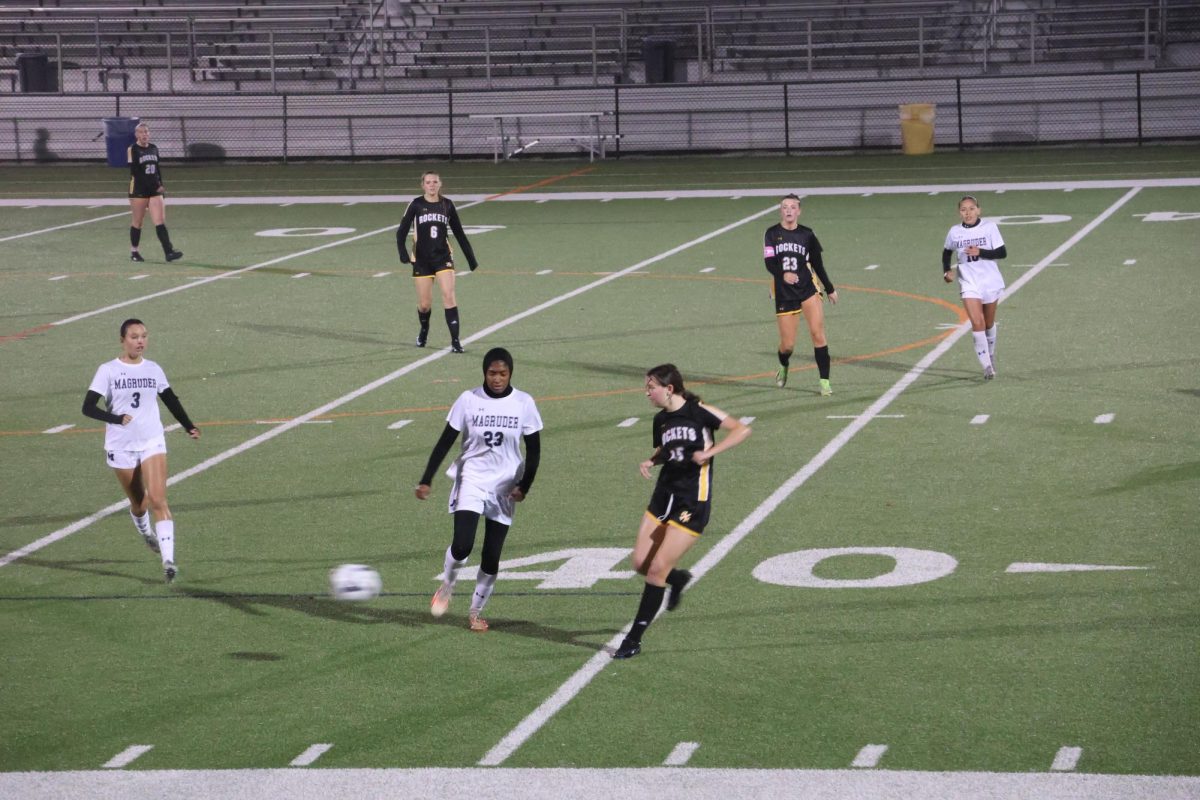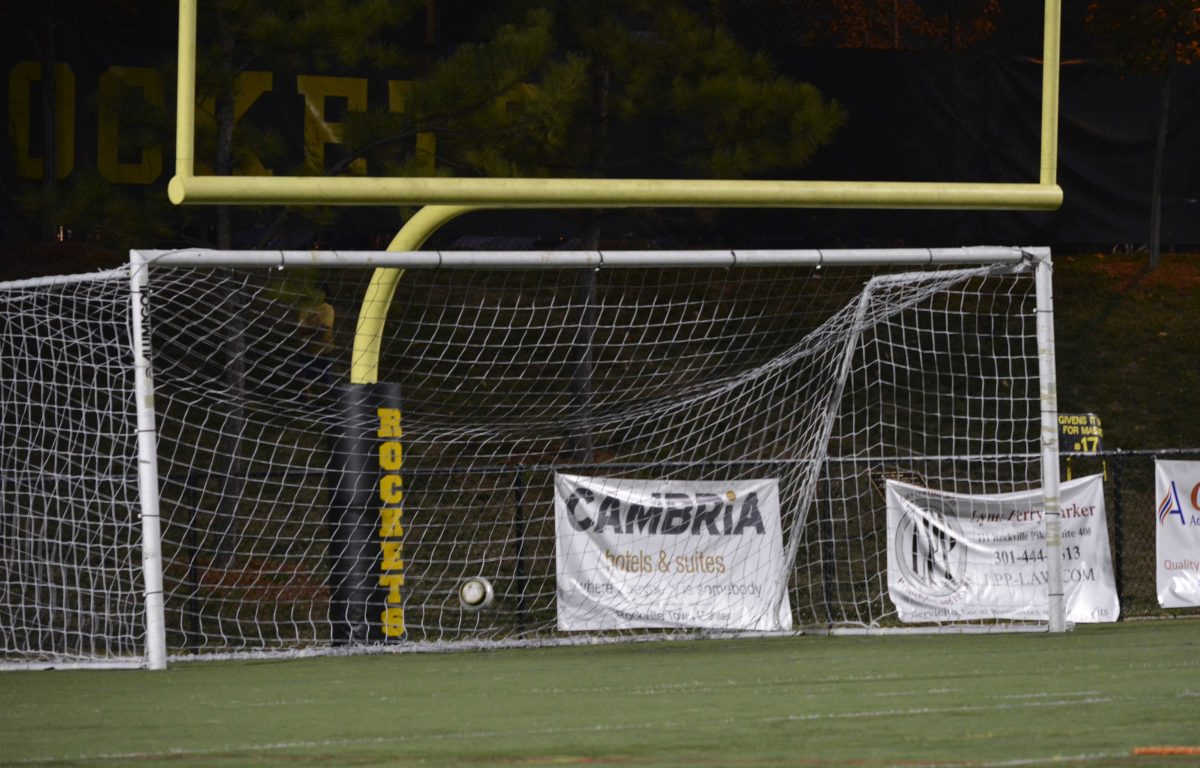The deadline for college recommendation letters is fast approaching. Teachers are currently in the process of writing recommendation letters for the seniors that they have taught over the years. This can be a stressful time for both the teachers and seniors, because of the tight deadlines for letters and the seriousness of college applications.
Brag sheets are a common way for students to provide more insight about themselves and help counselors and teachers write better letters of recommendation.
“A brag sheet is where the kids in the counseling office work together to put together a list of accomplishments and extracurricular activities that the kid has done over the years, so that I can reference some of those things in the letter,” chemistry teacher Mr. Akshay Gandhi said. “A kid usually asks me and then I have them send me a written email request where I ask them a few questions, or they send me their brag sheet.”
However, not all teachers like to use brag sheets.
Senior Pranav Sasikumar had asked for his recommendation letters from Spanish teacher Ms. Carmen Gonzalez Pescador and Theory of Knowledge teacher Mr. Noah Grosfeld-Katz in his junior year.
“But these two teachers didn’t ask for [the brag sheet] from me, so I thought something was wrong. I clarified, and they said, ‘no, we have enough to say already,'” Sasikumar said.
Mr. Grosfeld-Katz adheres to this while writing a letter of recommendation.
“I reflect on how the student performed in my class or on teams that I coach or sponsor,” he said. “I don’t usually look at brag sheets because I want it to be authentic based on my interactions with them.”
College recommendation letters are helpful because they are a way for colleges to get to know the student as a person. Since it’s hard to substantiate personal qualities, recommendation letters act as evidence.
“As far as the qualities in the classroom, it’s not so much that you have to be the smartest student or the student who earned the A on every paper in the class or test,” English teacher Mr. Michael Oakes said. “I think you’re looking for someone who’s a hard worker, someone who’s just scratching the surface of their potential and someone who’s interested in continuous improvement.”
Mr. Oakes continues to explain how intellectual curiosity is a quality colleges love, and Sasikumar agrees.
“First, don’t ask a teacher just because they’re the subject that you want to pursue,” he said.
Although Sasikumar struggled in Spanish Five, he didn’t complain about the work or the teacher, and just continued to persevere. That is why he decided to request a letter from Ms. Gonzalez.
“Even though I don’t want to do anything in Spanish in my life, and I’m definitely never going to take Spanish in college, I still think as a teacher and as a person, she has way more to say about me,” he said.
Timeliness is crucial when submitting a recommendation letter. It is important to not request teachers for a letter when it is too late.
“I say that the week before, like one week out, is too late, but if you give a teacher at least two weeks, I think that a teacher can accommodate that,” Mr. Gandhi said.
Mr. Oakes is of the same mind. “Depending on the teacher, I always think the earlier the better. Sometimes I’ll have juniors who will ask me at the end of their junior year, like in June before the end of the school year,” he said. “And that’s always great because then I can write the recommendations over the summer when it’s a little more relaxed and I have more time.”
Some teachers do make exceptions to this under dire circumstances. “I sometimes have written recommendations for students who asked me the day before something was due, but I know that they were desperate,” Mr. Grosfeld-Katz said.
Sasikumar was not too stressed about the recommendation letters since he secured them early. The only issue for Sasikumar was that some colleges ask for specific letters of recommendation.
“For business, like the McDonough School of Business, you can only submit either math or social studies,” Sasikumar said.
The most important thing, according to Sasikumar, is to have a timeline planned in your head.
“If they ask for a brag sheet, have that ready before you even ask, so you can just immediately give it to them and they can start writing,” he adds.
Time crunch is one of the main reasons teachers decline a request for a recommendation letter.
“Most of the time when I decline the recommendation, it’s based on the timing. Usually, it would be someone asking too late in the process, or I’ve already written a certain number and I’m just not going to have time to do it,” Mr. Oakes said.
Sometimes, teachers will refuse a request if they do not know the person that well or someone else can give a better recommendation due to some behavioral issue.
“It can be awkward, but you kind of have to,” Mr. Oakes said.
There are still other reasons a teacher would decline a request.
“Maybe if a college is looking for recommendations from a content area teacher and I just had them on debate or just worked with them in TOK, I have said to some students, ‘It’d be better if you got a recommendation from a science teacher or a content teacher,'” Mr. Grosfeld-Katz said.
Overall, teachers write about qualities that distinguish the student and make them unique.
For example, a distinguishable characteristic is risk-taking.
“Everybody in the class felt a certain way about something, but this particular student felt differently and courageously expressed that opposing viewpoint. I thought that that took a lot of bravery…that willingness to risk disapproval from your peers,” Mr. Grosfeld-Katz said. “I wanted to highlight that.”
Writing letters of recommendation can be enjoyable or stressful for teachers, depending on the circumstances.
“I enjoy it,” Mr. Gandhi said. “Sometimes, if I have too many, it can be stressful. But generally, I enjoy it because I know those kids well and it’s just fun to write a nice letter about them.”







